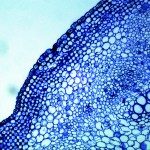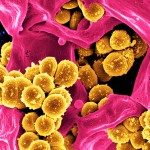Lien vers Pubmed [PMID] – 12517937
J. Immunol. 2003 Jan;170(2):749-56
The immunomodulatory role of type I IFNs (IFN-alpha/beta) in shaping T cell responses has been demonstrated, but the direct effects of IFN on T cells are still poorly characterized. Particularly, because IFN exert an antiproliferative activity, it remains elusive how the clonal expansion of effector T cells can paradoxically occur in the event of an infection when large amounts of IFN are produced. To address this issue, we have studied the effects of type I IFN in an in vitro differentiation model of human primary CD4(+) T cells. We found that IFN-alpha treatment of resting naive T cells delayed their entry into the cell cycle after TCR triggering. Conversely, the ongoing expansion of effector T cells was not inhibited by the presence of IFN. Moreover, activated T cells showed a significantly reduced induction of IFN-sensitive genes, as compared with naive precursors, and this decline occurred independently of subset-specific polarization. The residual type I IFN response measured in activated T cells was found sufficient to inhibit replication of the vesicular stomatitis virus. Our data suggest that the activation of T lymphocytes includes regulatory processes that restrain the transcriptional response to IFN and allow the proliferation of effector cells in the presence of this cytokine.

